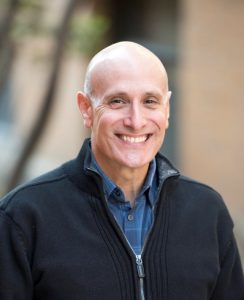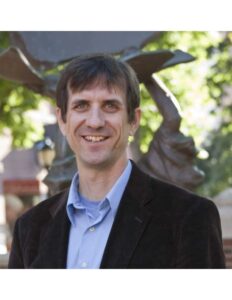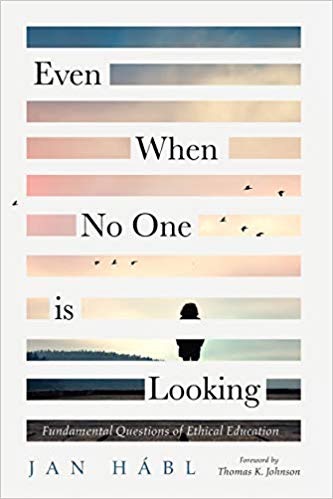ethics
Select an item by clicking its checkbox
Creating new courses just keeps getting harder. Today I finished drafting the reading list for my new course on Ethics and the Good Life for first year students. It was supposed to be easy because my research and writing is about ethics. And it was supposed to be fun because ...
I teach a course on the ethics of world religions which takes a narrative approach. Rather than just focusing on the text and tenets of religions in relationship to ethics, the course also highlights the life stories of “exemplars” from various religious perspectives. These have included civil rights activist Malcolm ...
Democracy, in its essence, and genius, is imaginative love for and identification with a community with which, much of the time and in many ways, one may be in profound disagreement. ~ Marilynne Robinson[1] These words hung like a silent invocation on the threshold of my Truth, Beauty, and Goodness class ...
The first religion course I took in college was an introduction to the Bible, one of two required religion courses in our core curriculum. The students’ reaction to the course follows what, I suspect, is familiar terrain for those who teach similar courses. The application of academic tools to the ...
Date Reviewed: August 21, 2020
This book is not a list or an overview of various theories of ethics. Nor is it a didactic manual for specific teaching units on moral education aimed at some group based on age or a particular theme (although some educational frameworks will be proposed). As the title suggests, the book intends to seek the starting points or foundations without which no moral education would be possible. The goal is to formulate and tackle the key questions that precede all moral education. What makes “good vs. evil” language possible and meaningful? Can virtue be taught and learned? What makes our actions good? What is the condition of human nature? Are we naturally good, or evil? What constitutes an educator’s right to morally influence anyone else (not just a child)? What is the goal of moral education? What does a morally educated person look like? And how can we ensure the coveted moral result? Or—in the words of Jan Amos Comenius, the “teacher of nations”—how to educate a person to not only know what is good, but also to want what is good, and to do what is good “even when no one is looking?” (From the Publisher)



